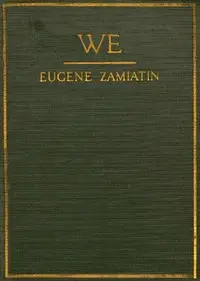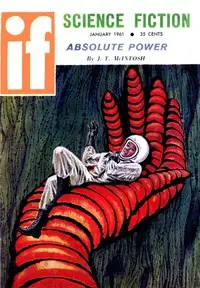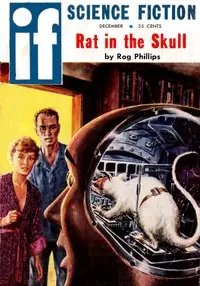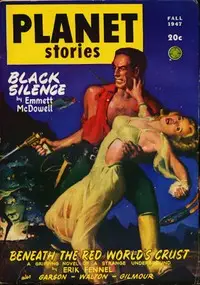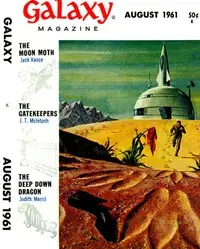"Anthem" by Ayn Rand is a science fiction novel set in a collective society that has eliminated individualism, follows Equality 7-2521 as he struggles against this oppressive system. The story explores themes of identity, freedom, and the battle against conformity as Equality 7-2521 secretly starts writing, knowing that self-expression is prohibited. He reflects on the pain of being different in a society that demands sameness, yearning to understand his unique identity and seeking forbidden knowledge, which ultimately drives him toward rebellion and self-discovery. The reader witnesses Equality 7-2521’s internal conflict and the oppressive environment, preparing the way for his fight for individualism against a society that seeks to extinguish it.

Anthem
By Ayn Rand
In a world where individuality is a sin, one man's quest for forbidden knowledge ignites a rebellion against conformity.
Summary
About the AuthorAlice O'Connor, better known by her pen name Ayn Rand, was a Russian-born American author and philosopher. She is known for her fiction and for developing a philosophical system she named Objectivism. Born and educated in Russia, she moved to the United States in 1926. After two early novels that were initially unsuccessful and two Broadway plays, Rand achieved fame with her 1943 novel The Fountainhead. In 1957, she published her best-selling work, the novel Atlas Shrugged. Afterward, until her death in 1982, she turned to non-fiction to promote her philosophy, publishing her own periodicals and releasing several collections of essays.
Alice O'Connor, better known by her pen name Ayn Rand, was a Russian-born American author and philosopher. She is known for her fiction and for developing a philosophical system she named Objectivism. Born and educated in Russia, she moved to the United States in 1926. After two early novels that were initially unsuccessful and two Broadway plays, Rand achieved fame with her 1943 novel The Fountainhead. In 1957, she published her best-selling work, the novel Atlas Shrugged. Afterward, until her death in 1982, she turned to non-fiction to promote her philosophy, publishing her own periodicals and releasing several collections of essays.







